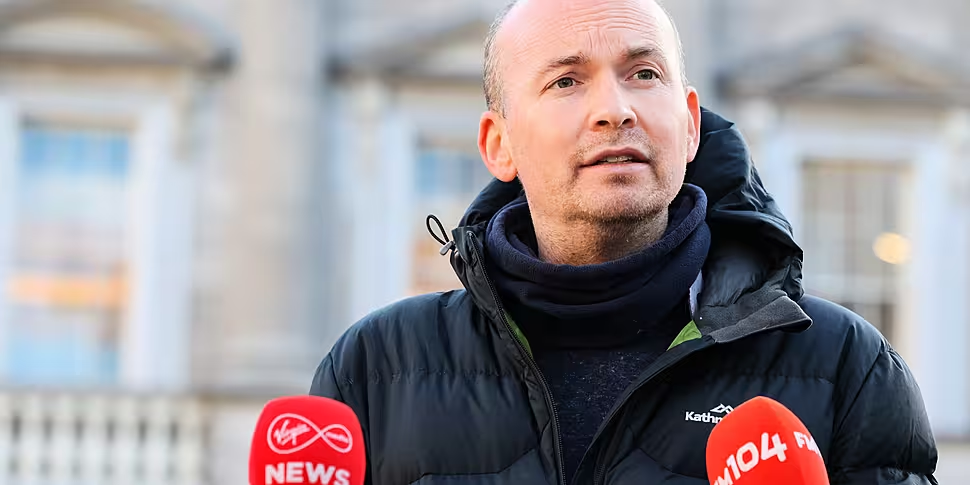One TD says the Government's attempts to tackle the rising cost of living are like "tiny sticking plasters on a gaping wound."
People Before Profit-Solidarity TD Paul Murphy was speaking as the Taoiseach says Government is looking at a "range of charges" that could be reduced.
There are calls from Sinn Féin to scrap a proposed increase of the carbon tax in May - however Micheál Martin has said that the increase will come in.
New measures to tackle the increase in the cost of living are to be announced this week, and may include an extension of the Fuel Allowance season and cutting Emergency Department fees.
Deputy Murphy told The Hard Shoulder a lot more needs to be done.
"So far all the Government has announced are like tiny sticking plasters on a gaping wound.
"The Government has the power to introduce price controls - so, for example, to say in relation to electricity, to say in relation to oil and gas that we're going to impose a maximum price cap on these essentials.
"A second thing we would say is that the minimum wage needs to rise - the minimum wage went up by 2.9% when inflation is running at over 5%.
"That's a pay cut - but that also goes for workers who aren't on the minimum wage... one in five workers are low paid.
"And we would encourage workers to take action themselves; if the Government isn't going to do it, to put in pay claims above the rate of inflation to mean that they aren't paying the price".
'Who pays the cost?'
He believes the minimum wage should be set at €15 an hour, up from €10.50.
"They announced this week that the first affordable, one bed apartment under the cost-rental scheme is going to be €1,000 - it's just not".
And he says there is a debate around "who pays for this cost of inflation".
"At the moment... employers are passing on the full costs to the consumers, and are maintaining very healthy profit margins.
"A lot of those companies you would associate with these rising prices at the moment - Energia, Shell, BP, Tesco's - are all announcing very, very large profits, large dividends to shareholders and so on.
"This is about who pays the price for it - one way we can say that ordinary people shouldn't pay the price is through price controls".
And he says the USC needs to be scrapped, considering it was brought in during an economic crisis.
"We're opposed to the USC, we campaigned for the abolition of the USC - and we would replace the USC with what we call a high-income social charge.
"[This] would apply to incomes only over €80,000 a year, and any income under €80,000 people wouldn't be paying it.
"It was a measure that was brought in linked to the crisis of 2007/2008, and we're still left with it".









